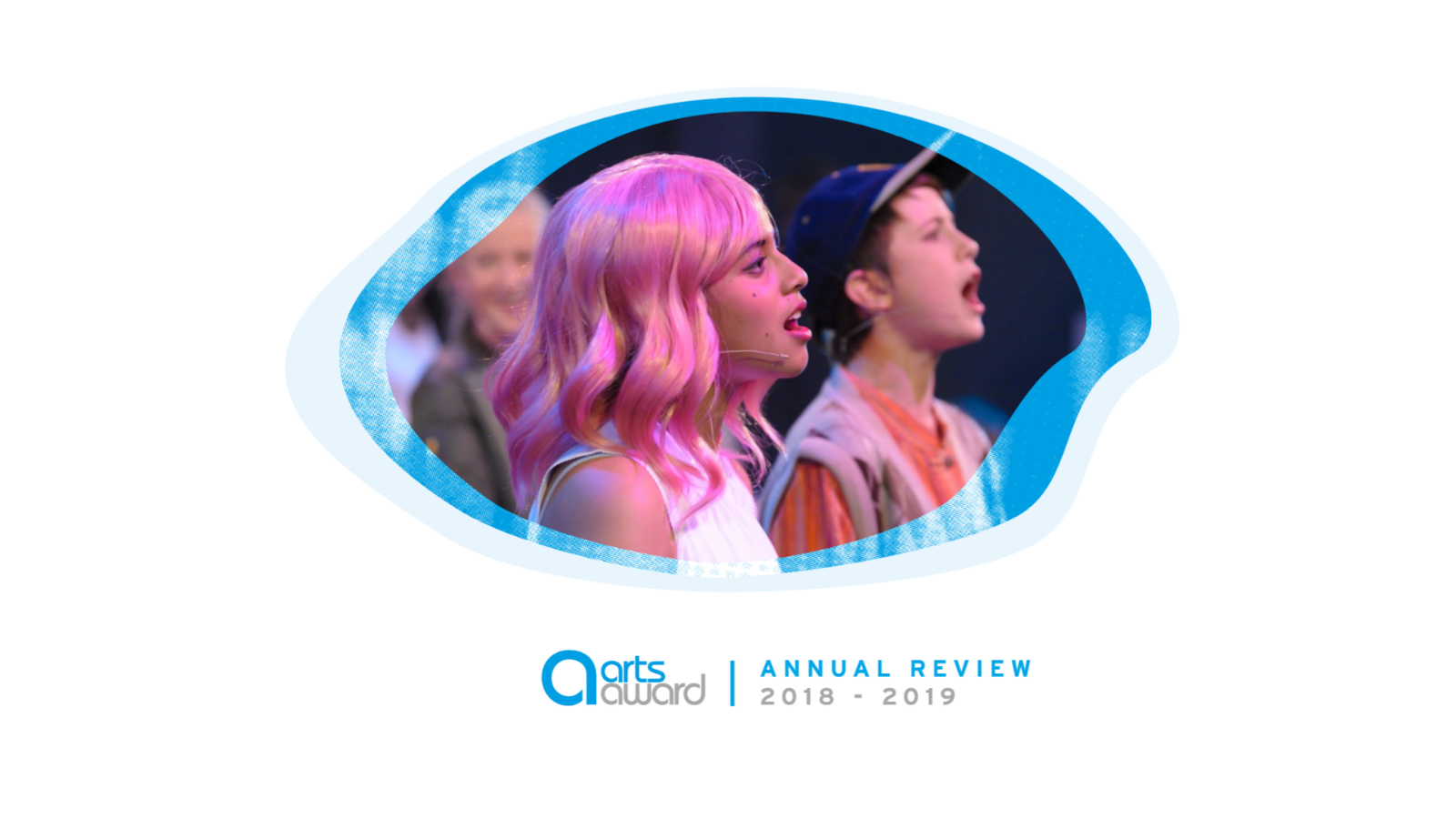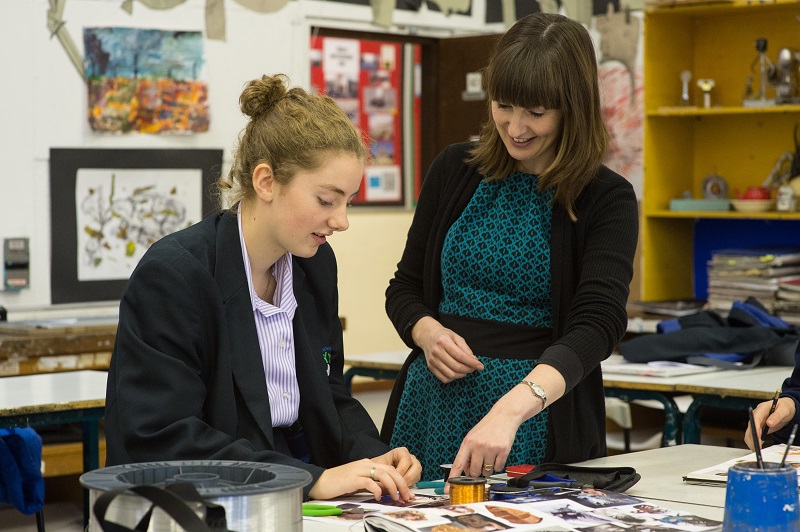
Reviewing online performances – top tips for a great review
BY: Annabel Thomas
21 Jan 2021
So, it’s here. At the time of writing we are back in lockdown for England and renewed national restrictions for Scotland, Wales, Northern Ireland and the ROI. We are aware that many teachers are moving to remote or online teaching, and students will be accessing their schoolwork from home. Something that we believe can be a great and valid activity for students learning at home is reviewing online, live-streamed or recorded performances. We also hope that these suggestions will be useful beyond the current situation, and many of the points can also translate to reviewing live or in-person performances.
Developing their review skills not only helps to prepare students for GCSE or A Level studies, but it is also a great exercise for developing reflective abilities. Being able to critically analyse a performance will support students to reflect on their own performances and adapt their work accordingly. This will help with group work with students being better equipped to devise and edit their own work, as well as for solo performances which students may be filming for a digital exam submission, or digital review with a teacher.
Reviewing online performances can also help to generate a sense of excitement about live arts – and a desire to pursue a creative subject and/or the desire to pursue a professional career in the creative industries.
And we shouldn’t forget that with the many online performances now streaming through platforms like BBC 10 Pieces and NT at Home/National Theatre Collection for schools, this is an easily accessible, impactful and measurable activity for students to complete at home while in person teaching, practical or group work isn’t possible. This work can be completed in the students’ own time, helping to reduce pressure on family devices or internet access. And reviewing events is a vital part of Arts Award from Bronze through to Gold level, meaning that it is an activity that students can put towards a qualification in and of itself.
10 top tips for supporting students to review online performances
- Ensure that students have a notepad to hand, to jot down any things of note as they watch
2. Ensure that students are prepared for what they are about to see in advance. This could be providing them with a plot overview for drama, or some context to a piece of music such as information about the composer, or relevant information for when the piece was written. You may also want to provide some information about the organisation where the performance took place.
3. Suggest that students watch or listen to a range of different performances or recordings of a piece they are learning – either in music, dance or drama peripatetic lessons or based on classroom work. This can help students to appreciate individual choices around presenting work, and how this can change how a piece is communicated to an audience.
4. Give students a glossary of technical terminology that you would like them to think about using. This, again, is good practice for GCSE or A Level work, as well as cementing the focus of the review; the technical and performative elements of what students are seeing. As well as a focus on technical elements, encourage students to reflect and respond to how a piece of work makes them feel – as this is such a unique and powerful feature of all art forms.
5. Encourage students to think about the staging. For theatre, how does lighting, set and costume contribute to the performance? For music, how does the setting reflect the music, or potentially change the acoustics for the audience?
6. Have students consider what they would have experienced differently had they seen the performance in a venue. How would this change their reaction to what they are seeing and hearing?
7. Encourage students to watch, rewind, and re-watch aspects of a performance multiple times. How does their first impression change over time? How could they use this in their own skills development?
8. Encourage or facilitate sharing of reviews. This could be via Google Classroom, or you could run a video debate where students can share their thoughts on what they have seen. Or young people may want to use Voice to share their reviews with their peers. Following this, have any students changed their mind or are they seeing things differently? This helps to demonstrate that all art is subjective and listening to a range of views helps you to see more detail in something than you may have initially.
9. Suggest a range of performances for students to watch. For theatre or dance this could be a range of genres or a mix of monologue and larger-cast productions. For music this could be contrasting genres or alternate a classical piece with, for example, a recording from a popular music genre such as pop, rock or RnB.
10. Why not consider having some students (if applicable) film themselves performing and review this either one-to-one or as a class? If you have piano students, they could share their performances with us using #TrinityPlayItForward as a part of our Play It Forward digital initiative. Not only does this reiterate that feedback and reflection is important for any performer, but it might give students more confidence in their abilities. This can also be good practice if any students are thinking about entering for a Digital Grade.
Regardless of what the next few months and weeks bring, we know that teachers will be working tirelessly to keep high quality learning available for all students.
Related posts
BY: Diana Walton
BY: Annabel Thomas




Comments & Replies